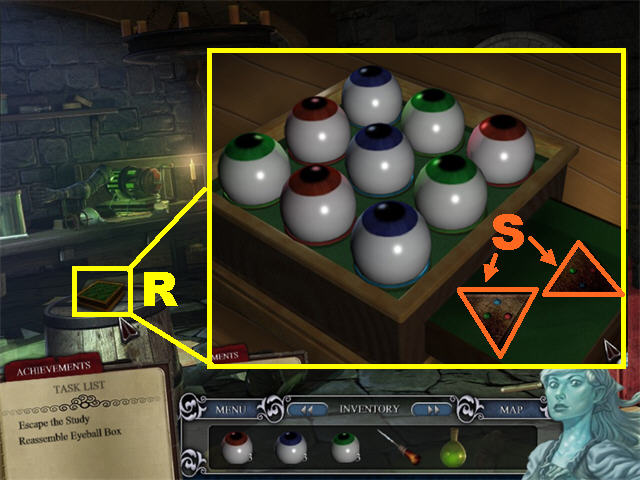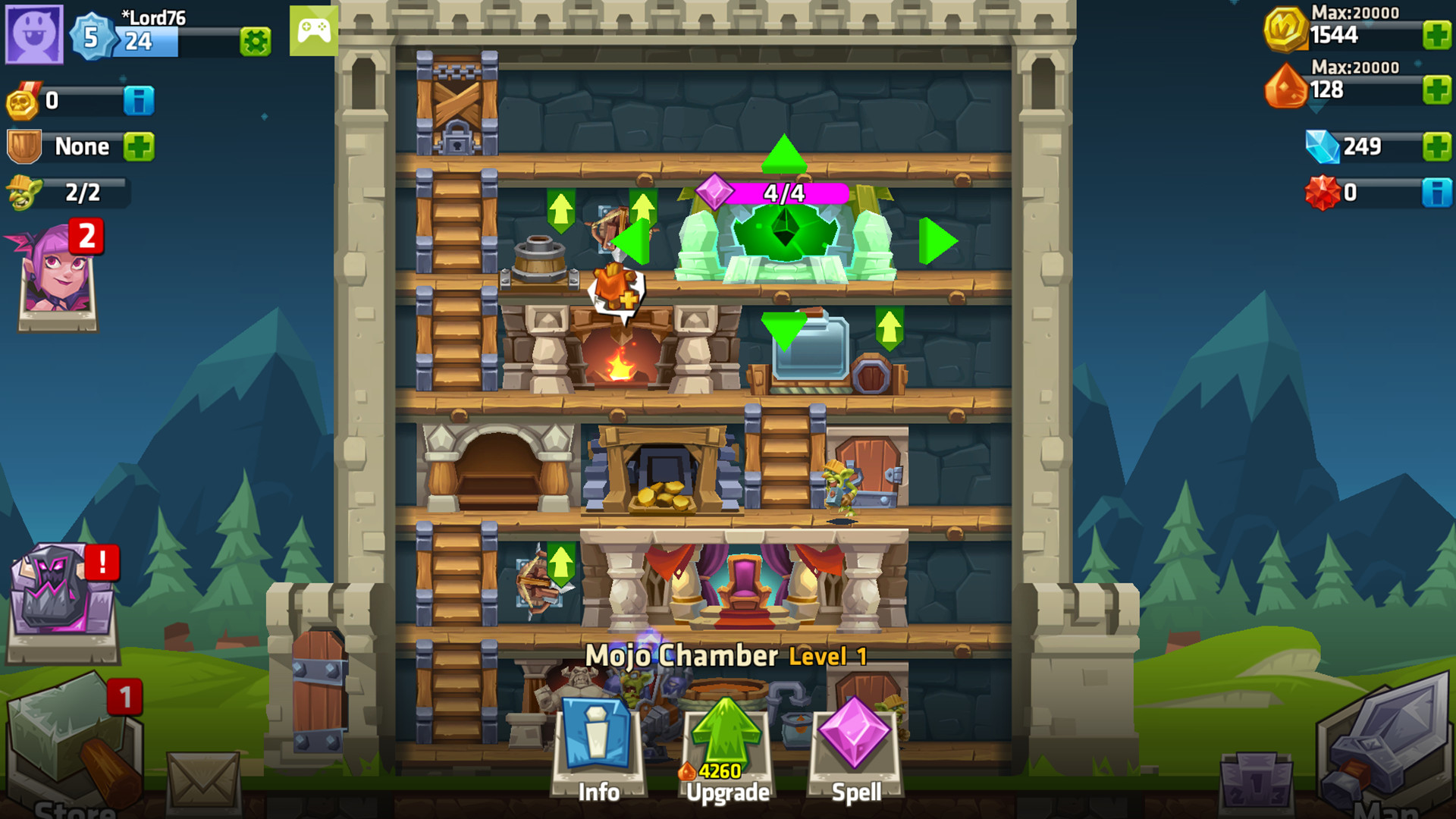Enter Castle Frankenstein Mac OS
Summary: Chapter 1
The stranger, who the reader soon learns is Victor Frankenstein, begins his narration. He starts with his family background, birth, and early childhood, telling Walton about his father, Alphonse, and his mother, Caroline. Alphonse became Caroline’s protector when her father, Alphonse’s longtime friend Beaufort, died in poverty. They married two years later, and Victor was born soon after.
Enter Castle Frankenstein Mac Os 11
Frankenstein then describes how his childhood companion, Elizabeth Lavenza, entered his family. At this point in the narrative, the original (1818) and revised (1831) versions of
Summary: Chapter 2

Elizabeth and Victor grow up together as best friends. Victor’s friendship with Henry Clerval, a schoolmate and only child, flourishes as well, and he spends his childhood happily surrounded by this close domestic circle. As a teenager, Victor becomes increasingly fascinated by the mysteries of the natural world. He chances upon a book by Cornelius Agrippa, a sixteenth-century scholar of the occult sciences, and becomes interested in natural philosophy. He studies the outdated findings of the alchemists Agrippa, Paracelsus, and Albertus Magnus with enthusiasm. He witnesses the destructive power of nature when, during a raging storm, lightning destroys a tree near his house. A modern natural philosopher accompanying the Frankenstein family explains to Victor the workings of electricity, making the ideas of the alchemists seem outdated and worthless. (In the 1818 version, a demonstration of electricity by his father convinces Victor of the alchemists’ mistakenness.)

Welcome to the Escape from Frankenstein’s Castle Walkthrough! Unravel the deep dark secrets of Castle Frankenstein! Whether you use this document as a reference when things get difficult or as a road map to get you from beginning to end, we’re pretty sure you’ll find what you’re looking for here. This is a guide for the adventure game “Escape from Frankenstein’s Castle!” Some puzzles and dialogue can be skipped using the SKIP Button. Click on the PROFILES (1) button to add, delete, or edit any profile. In the ACHIEVEMENTS (2) section you can view all the. Get the best deals for castle of frankenstein magazine at eBay.com. We have a great online selection at the lowest prices with Fast & Free shipping on many items!
Analysis: Chapters 1–2
The picture that Victor draws of his childhood is an idyllic one. Though loss abounds—the poverty of Beaufort and the orphaning of Elizabeth, for instance—it is always quickly alleviated by the presence of a close, loving family. Nonetheless, the reader senses, even in these early passages, that the stability and comfort of family are about to be exploded. Shining through Victor’s narration of a joyful childhood and an eccentric adolescence is a glimmer of the great tragedy that will soon overtake him.
Women in
Foreshadowing is ubiquitous in these chapters and, in fact, throughout the novel. Even Walton’s letters prepare the way for the tragic events that Victor will recount. Victor constantly alludes to his imminent doom; for example, he calls his interest in natural philosophy “the genius that has regulated my fate” and “the fatal impulse that led to my ruin.” Victor’s narrative is rife with nostalgia for a happier time; he dwells on the fuzzy memories of his blissful childhood with Elizabeth, his father and mother, and Henry Clerval. But even in the midst of these tranquil childhood recollections, he cannot ignore the signs of the tragedy that lies in his imminent future; he sees that each event, such as the death of his mother, is nothing but “an omen, as it were, of [his] future misery.”
Castle Frankenstein Darmstadt
This heavy use of foreshadowing has a dual effect. On the one hand, it adds to the suspense of the novel, leaving the reader wondering about the nature of the awful tragedy that has caused Victor so much grief. On the other hand, it drains away some of the suspense—the reader knows far ahead of time that Victor has no hope, that all is doomed. Words like “fate,” “fatal,” and “omen” reinforce the inevitability of Victor’s tragedy, suggesting not only a sense of resignation but also, perhaps, an attempt by Victor to deny responsibility for his own misfortune. Describing his decision to study chemistry, he says, “Thus ended a day memorable to me; it decided my future destiny.”